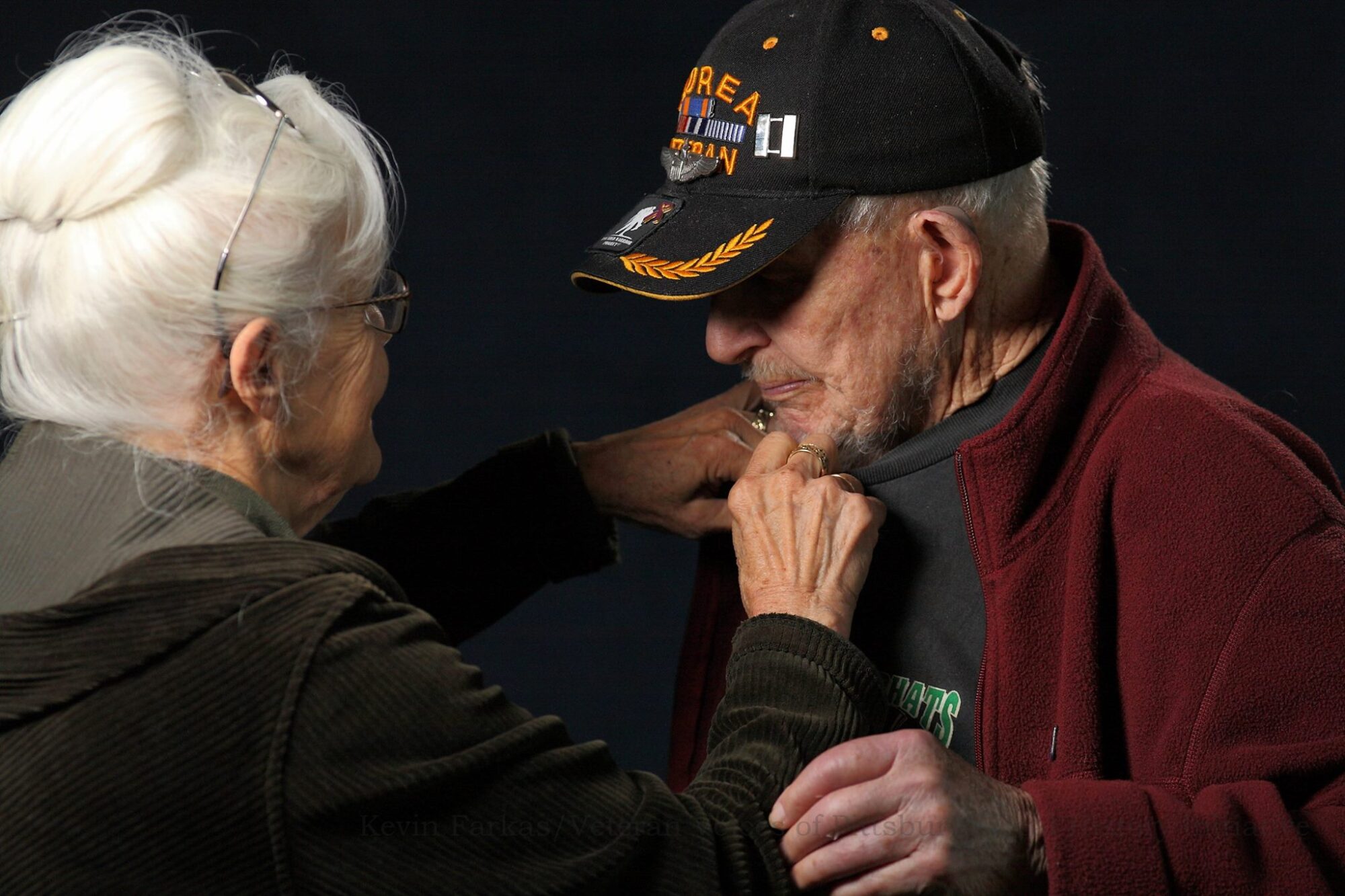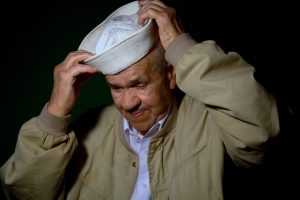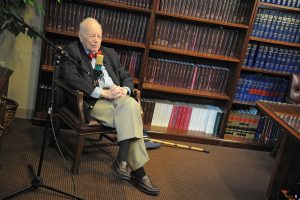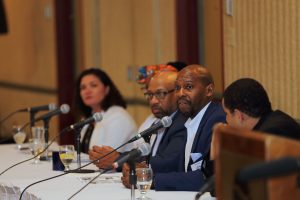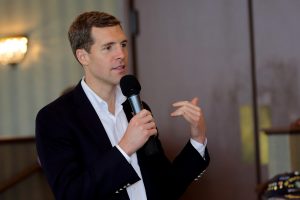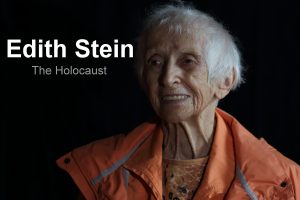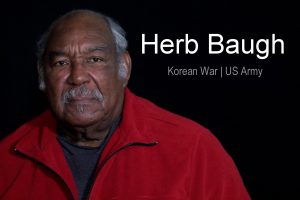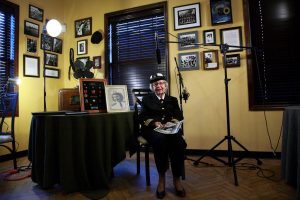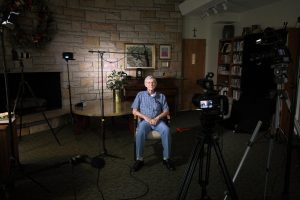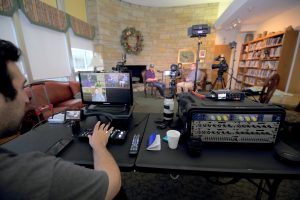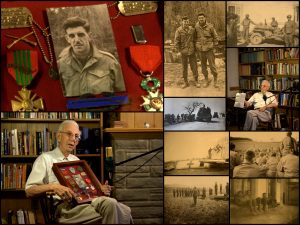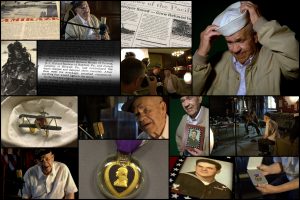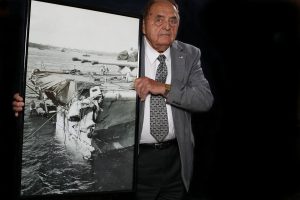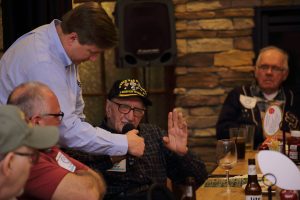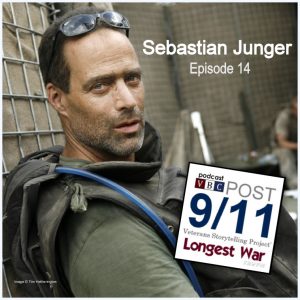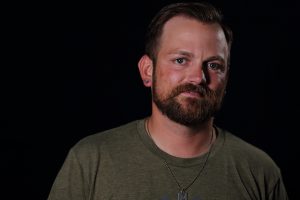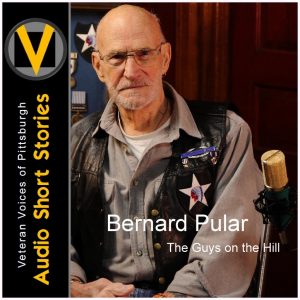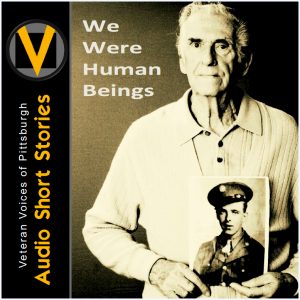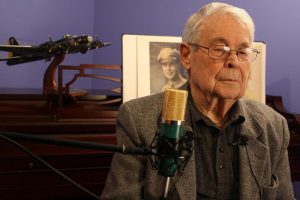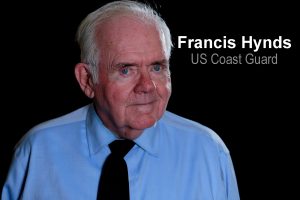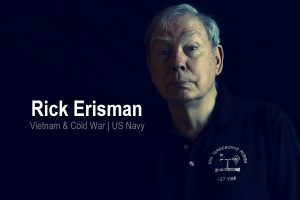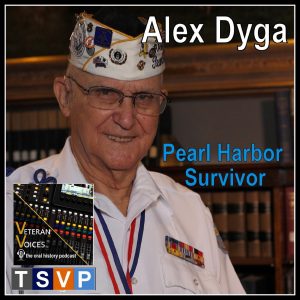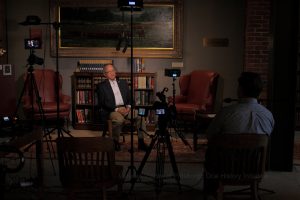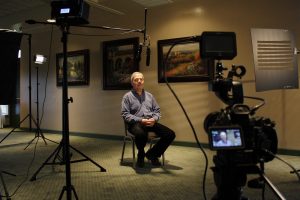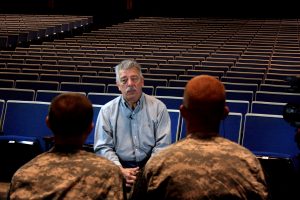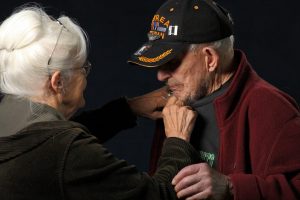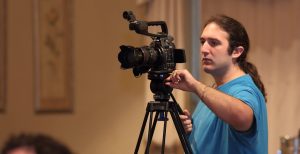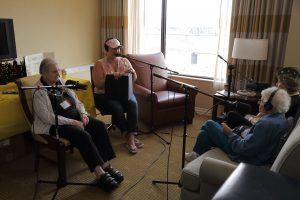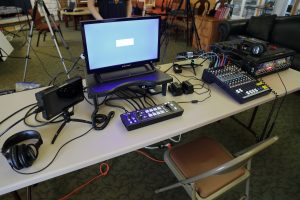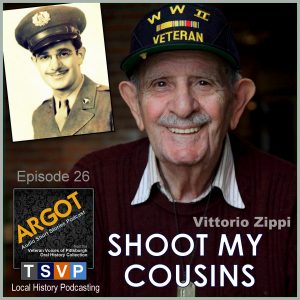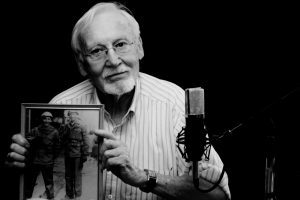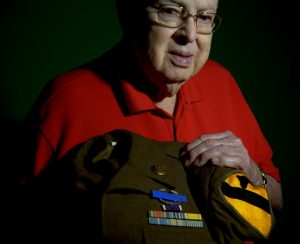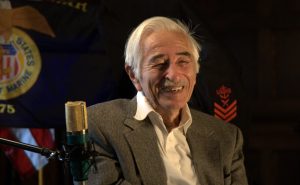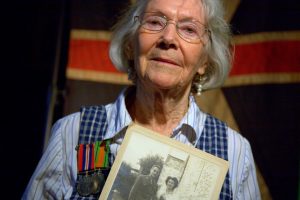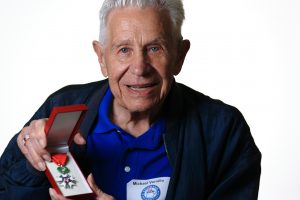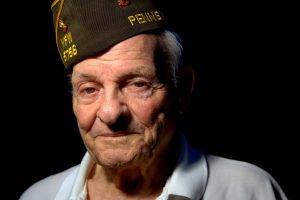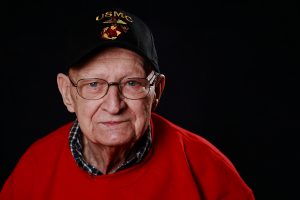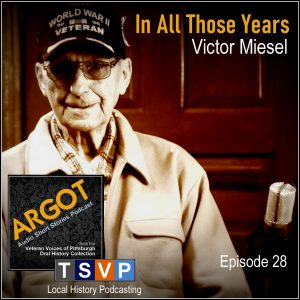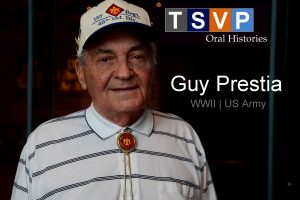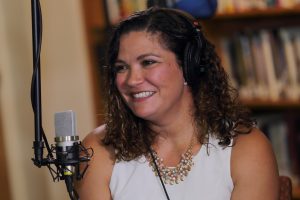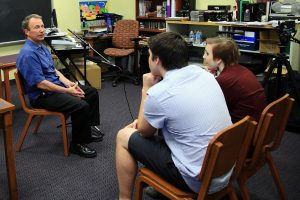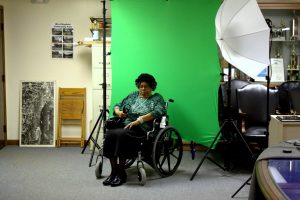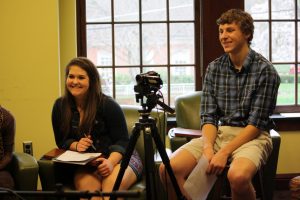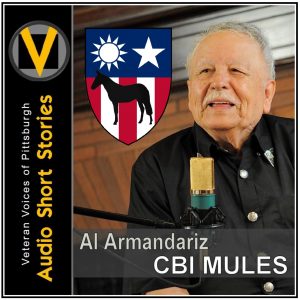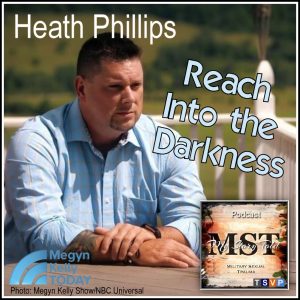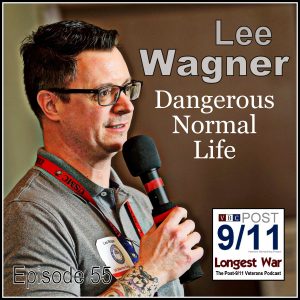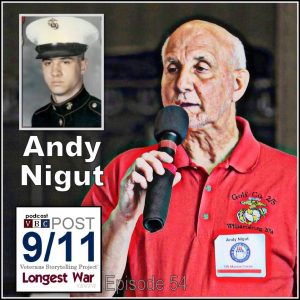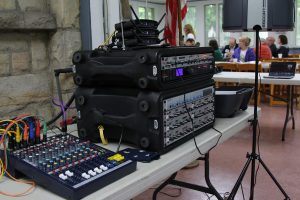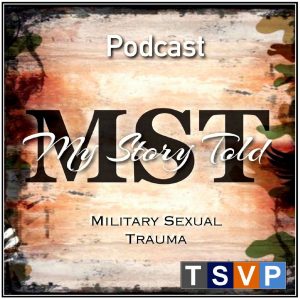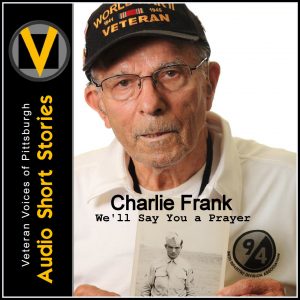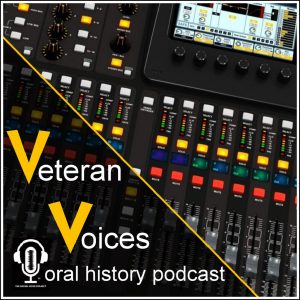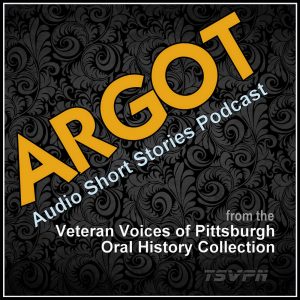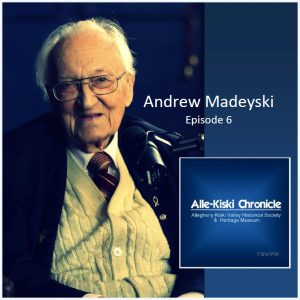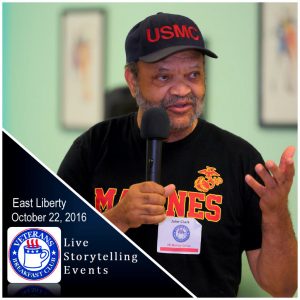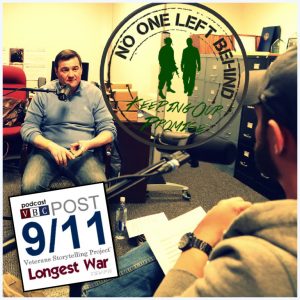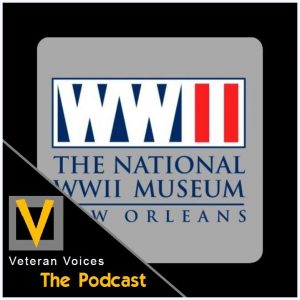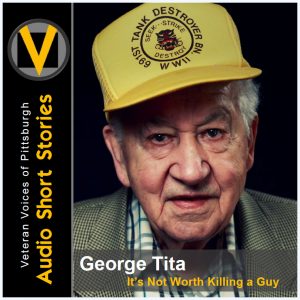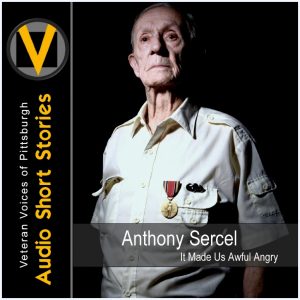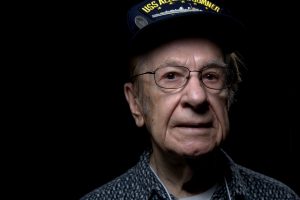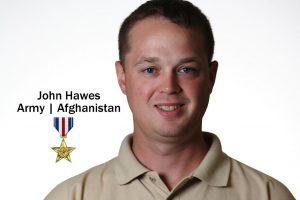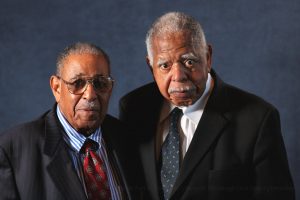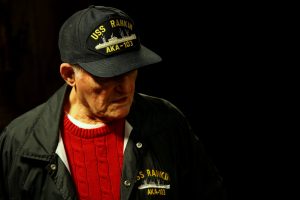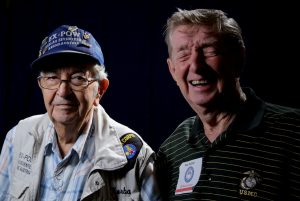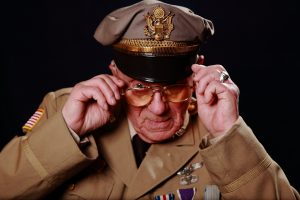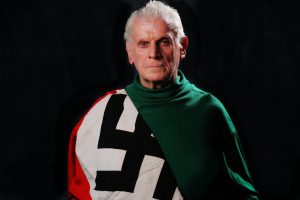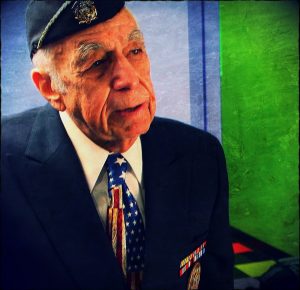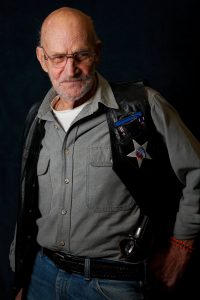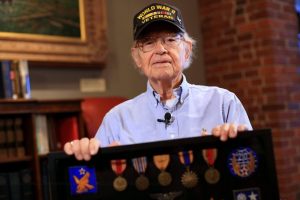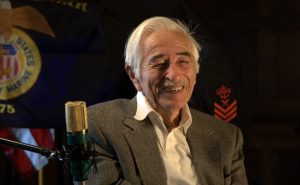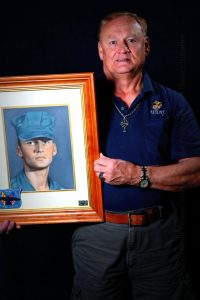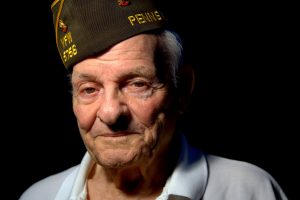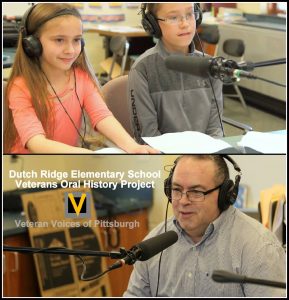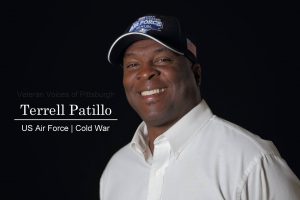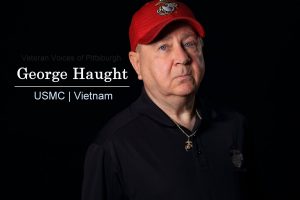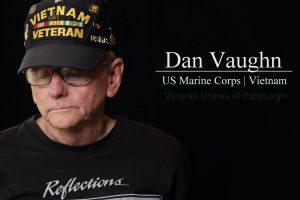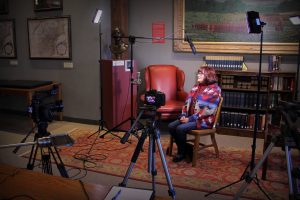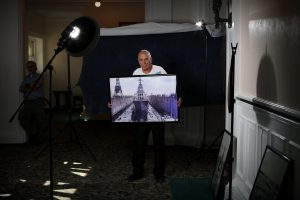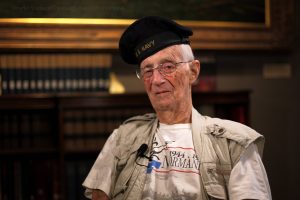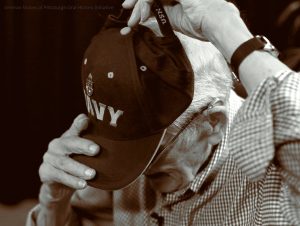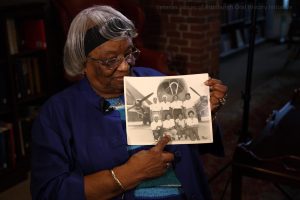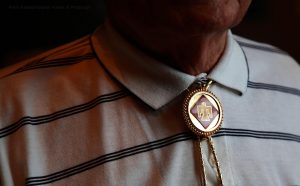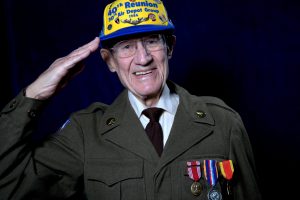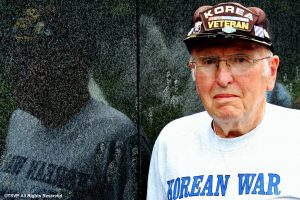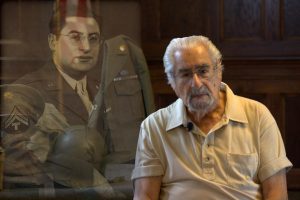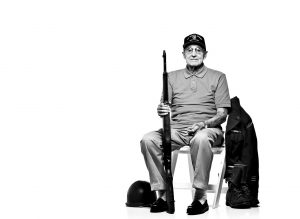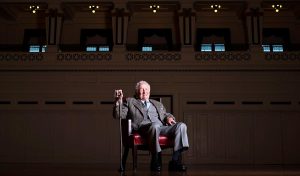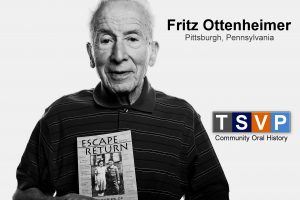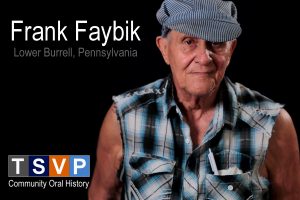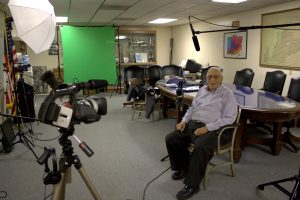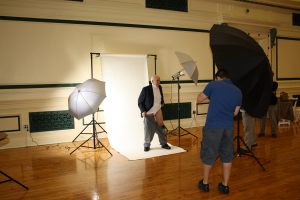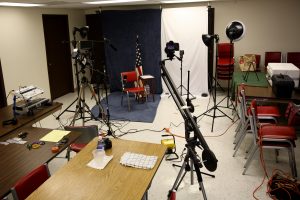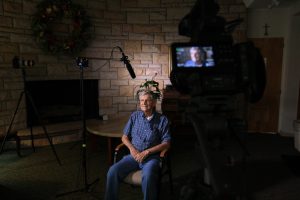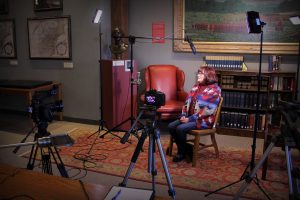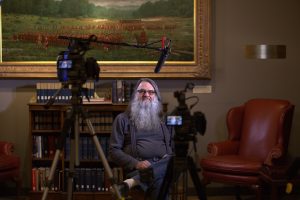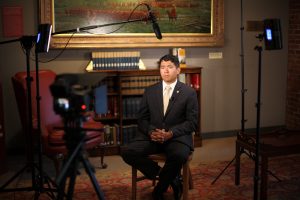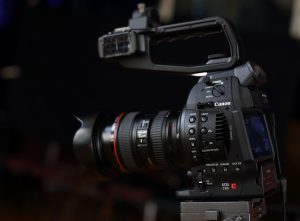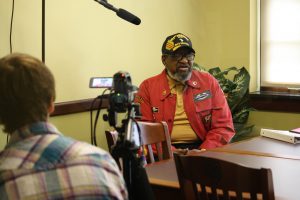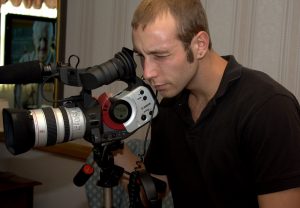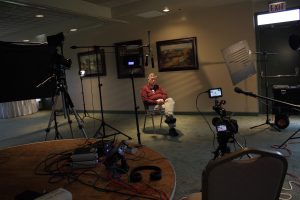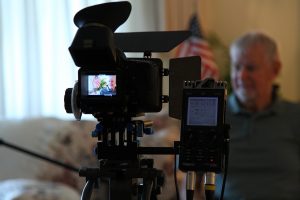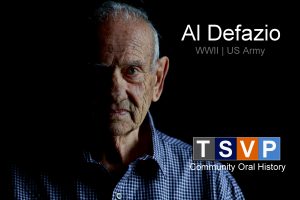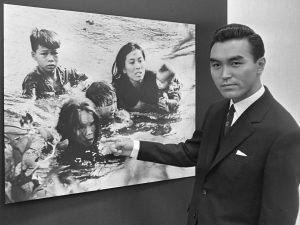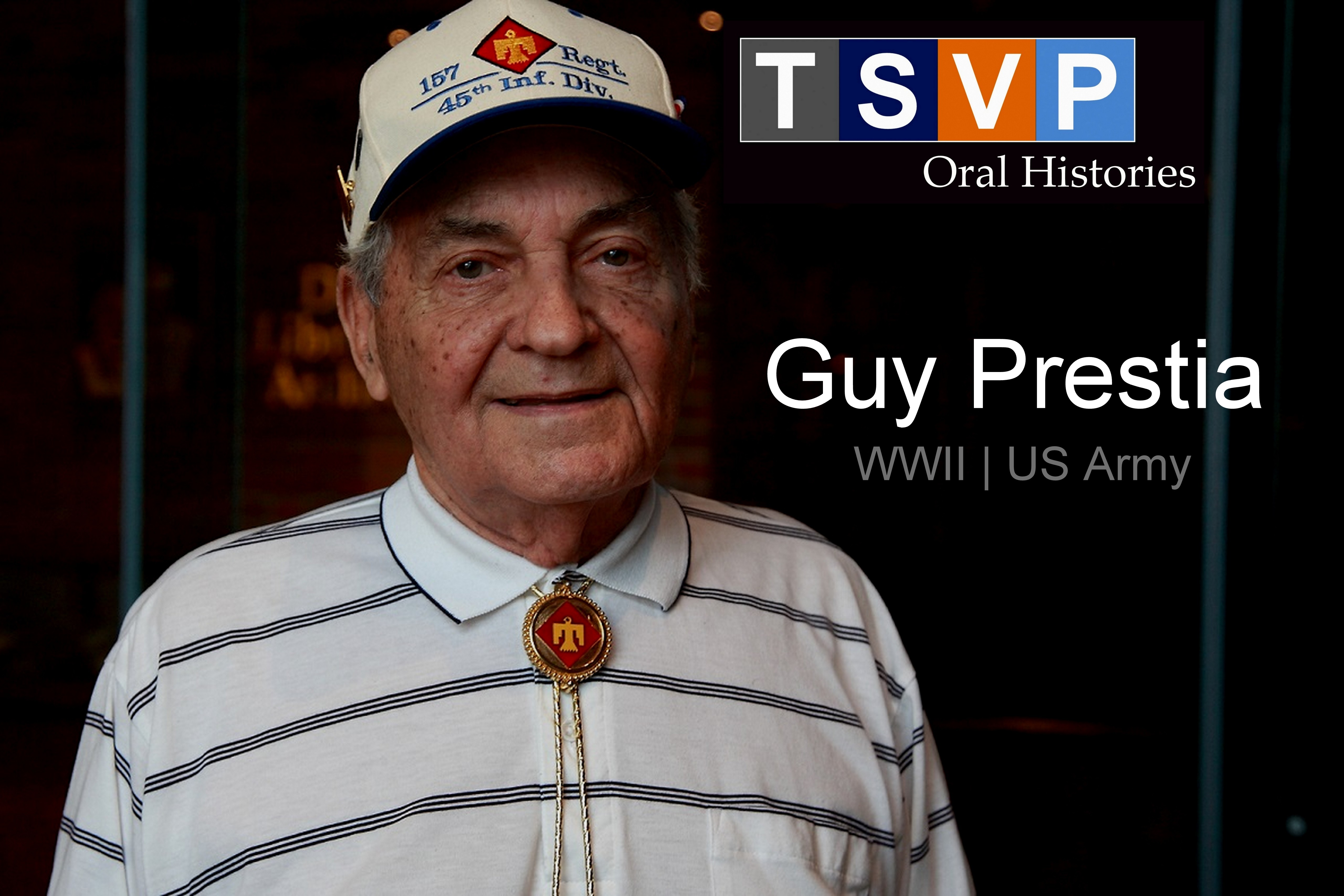Gallery with alias: PUBLIC_HISTORY_BLOG_POSTS not found
Everyone Has a Story
Veterans Oral History
TIME WAITS FOR NO ONE
Oral historians often say, time waits for no one. When the voices of those who have lived through history go silent, they are lost forever. That is why we must locate, capture, preserve, and share these important stories as much as we can before it is too late.
Today there is no living veteran who can tell us about WWI, and it is estimated that by 2036 we will have lost our last living veteran of WWII. Time is not on our side when it comes to preserving the voices and stories of our WWII generation.
CAPTURING THE VOICES & STORIES OF OUR TIME
The Social Voice Project got its start ten years ago capturing, preserving, and sharing the stories of WWII veterans throughout Western Pennsylvania. Over the years we’ve taken our mobile recording gear to hundreds of locations–from churches to bar rooms–to record hundreds of stories by local veterans. We’ve also expanded our project to include veterans from all eras and branches of service, including civilians whose stories are also historically important–such as the Holocaust experiences of Pittsburgh’s Edith Stein and Jacquelin Winowich.
Along the way we’ve formed media partnerships and working relationships with nationally known StoryCorps/NPR, National WWII Museum, Heinz History Center, Soldiers & Sailors Memorial Hall, Veterans Breakfast Club, Veterans Administration, and many veterans’ organizations such as Veterans of Foreign Wars and Vietnam Veterans of America.
INNOVATIVE ORAL HISTORY
A story not heard is, essentially, a story not heard. That’s why it is important for oral history projects to promote and share their stories as much as possible. With this in mind, the Social Voice Project’s veterans oral history archive is still developing and growing as we continue to record and publish interviews. In some cases, we are remaster interviews to improve their quality.
We are also expanding our work to include innovative digital media such as podcasting, live event recording, and creative storytelling such as our audio short stories from our original Veteran Voices of Pittsburgh Oral History Initiative archive.
Donald Ritchie, Historian Emeritus of the United States Senate, references our audio short stories in Doing Oral History as a significant example of the new and innovative ways the field of oral history is changing.
LOCAL HISTORICAL SOCIETIES AND MUSEUMS SHOULD BE ORAL HISTORY LEADERS IN THEIR COMMUNITY
“Don’t tell me what you believe, show me what you do and I will tell you what you believe.” ~Meteor Blades
Let’s face it, it is disingenuous at best for us to say we value the stories of veterans (and others in our community) and proclaim they should be recorded and preserved for history’s sake –yet, we continue to do nothing. In our experience, we rarely get second chances with missed opportunities to record oral history interviews. Unfortunately, as people pass on their voices fall silent; we can no longer hear their stories in their own words. That’s a loss for all of us.
But it doesn’t have to be this way. Local historians can and should do something about this if they truly believe oral history matters. Given their closeness to the communities they serve, local history organizations (museums, societies, associations, coalitions) are uniquely positioned to serve as grass roots oral history centers that can easily find and record the historic first-hand accounts of veterans–especially our rapidly fading WWII generation. Here’s how leaders of local history organizations can do oral history:
Recognize and value oral history as an essential part of your museum’s mission
Create an oral history program and dedicate resources to it
Dedicate at least one day a month to record oral history interviews in your community
Curate oral history interviews with as much effort you give your physical artifacts
Share and celebrate your community voices and stories in your museums, on your website, and through your social media
PUBLIC HISTORY MATTERS
At The Social Voice Project, we celebrate history and people through our community oral history projects that give us a chance to look, listen, and record the voices and stories of our time. We encourage all local historical societies and museums to capture, preserve, and share their communities’ lived experiences, memories, customs, and values. Future generations are depending on it.
Contact TSVP to learn more about our commitment to public history and technical assistance in creating community oral history projects.
